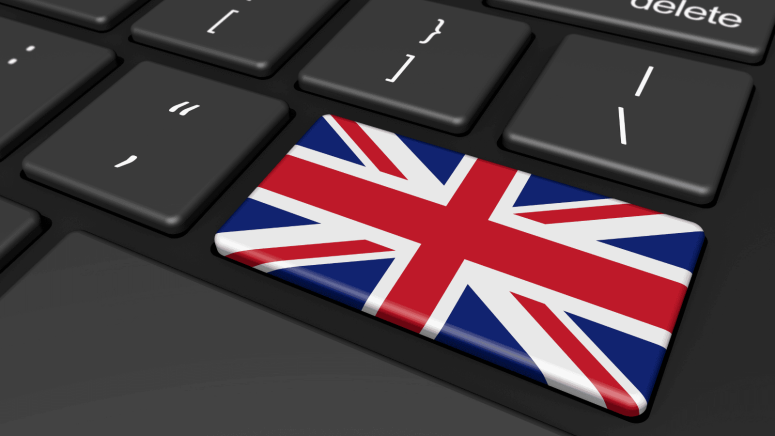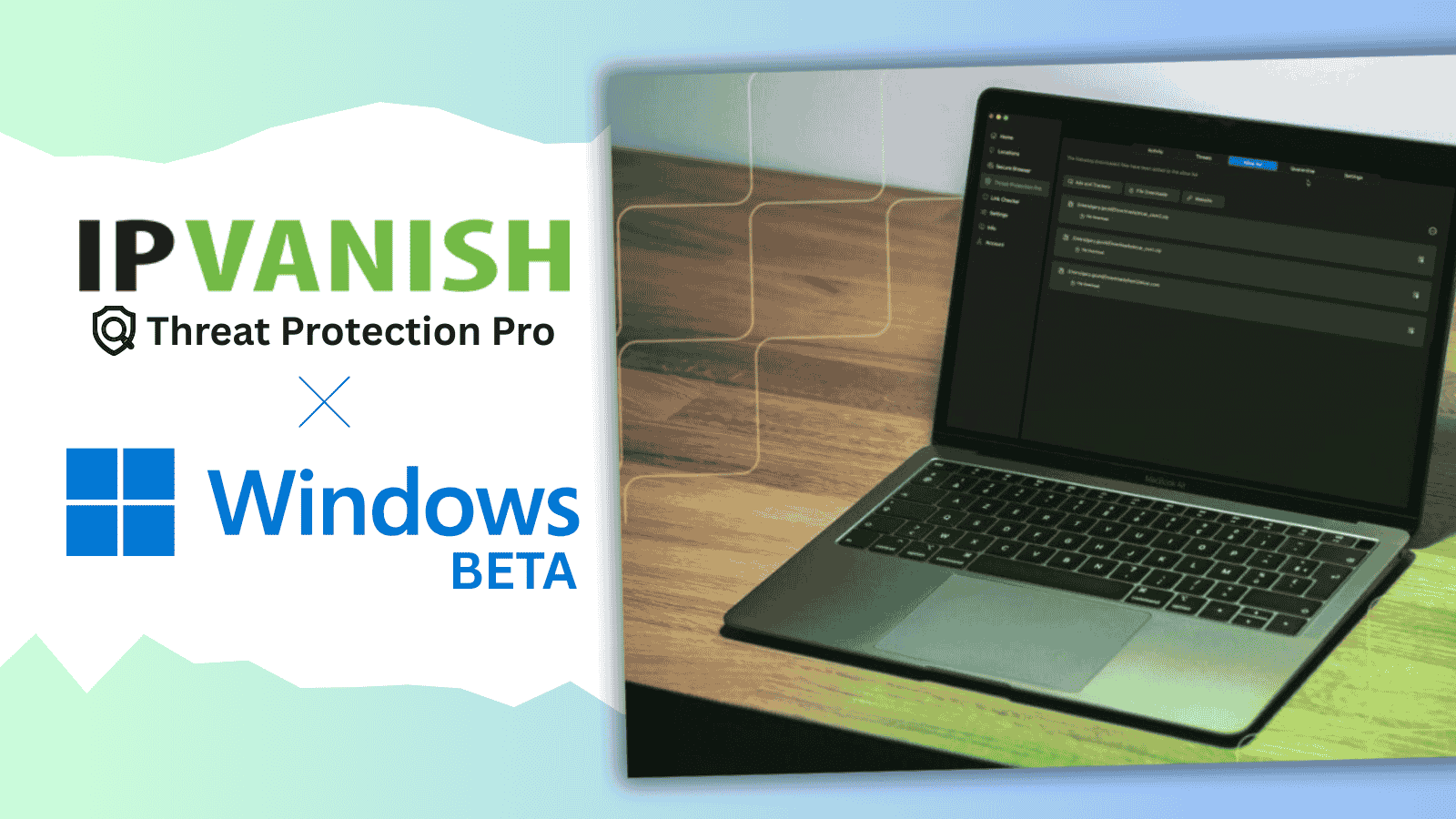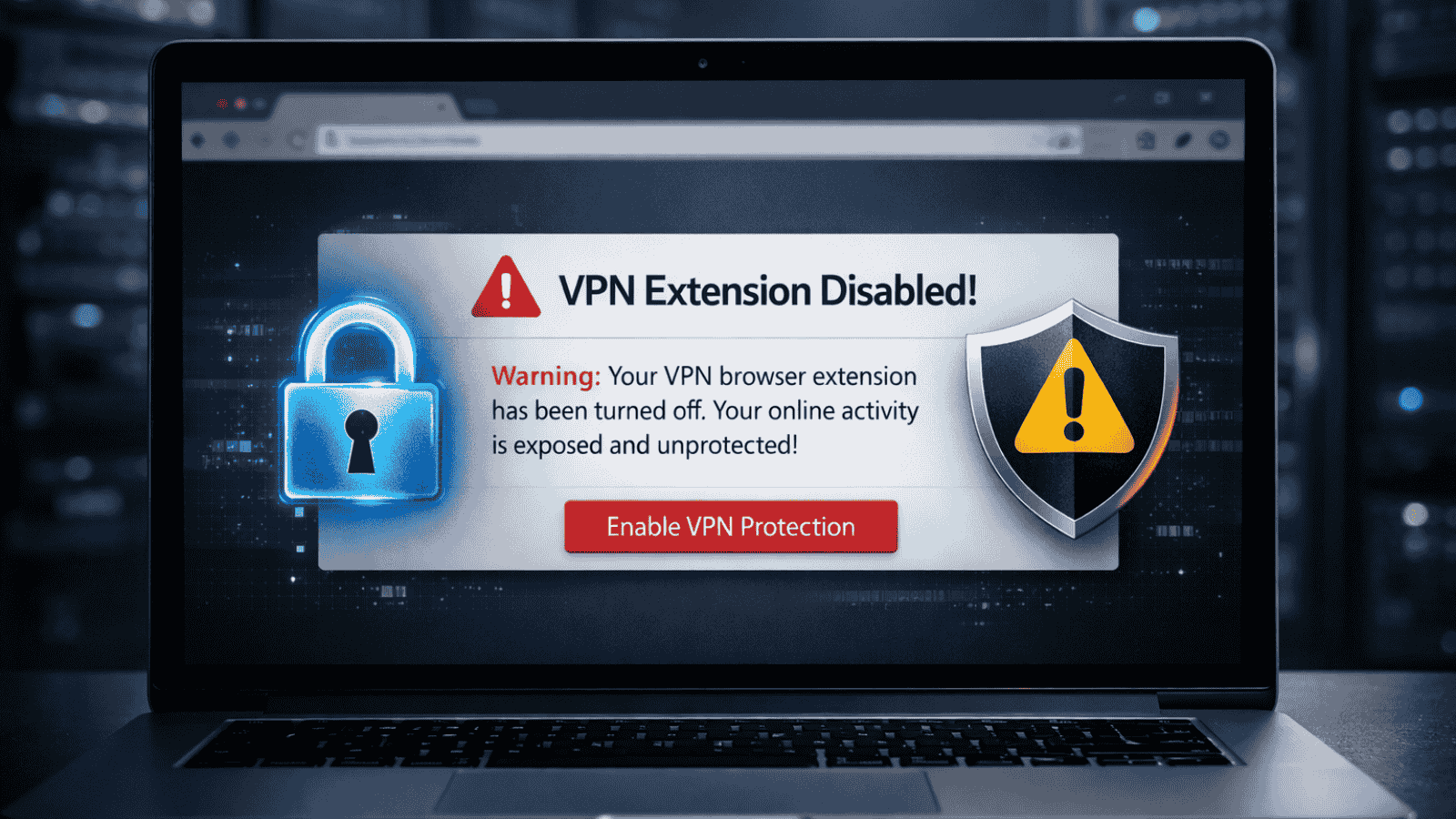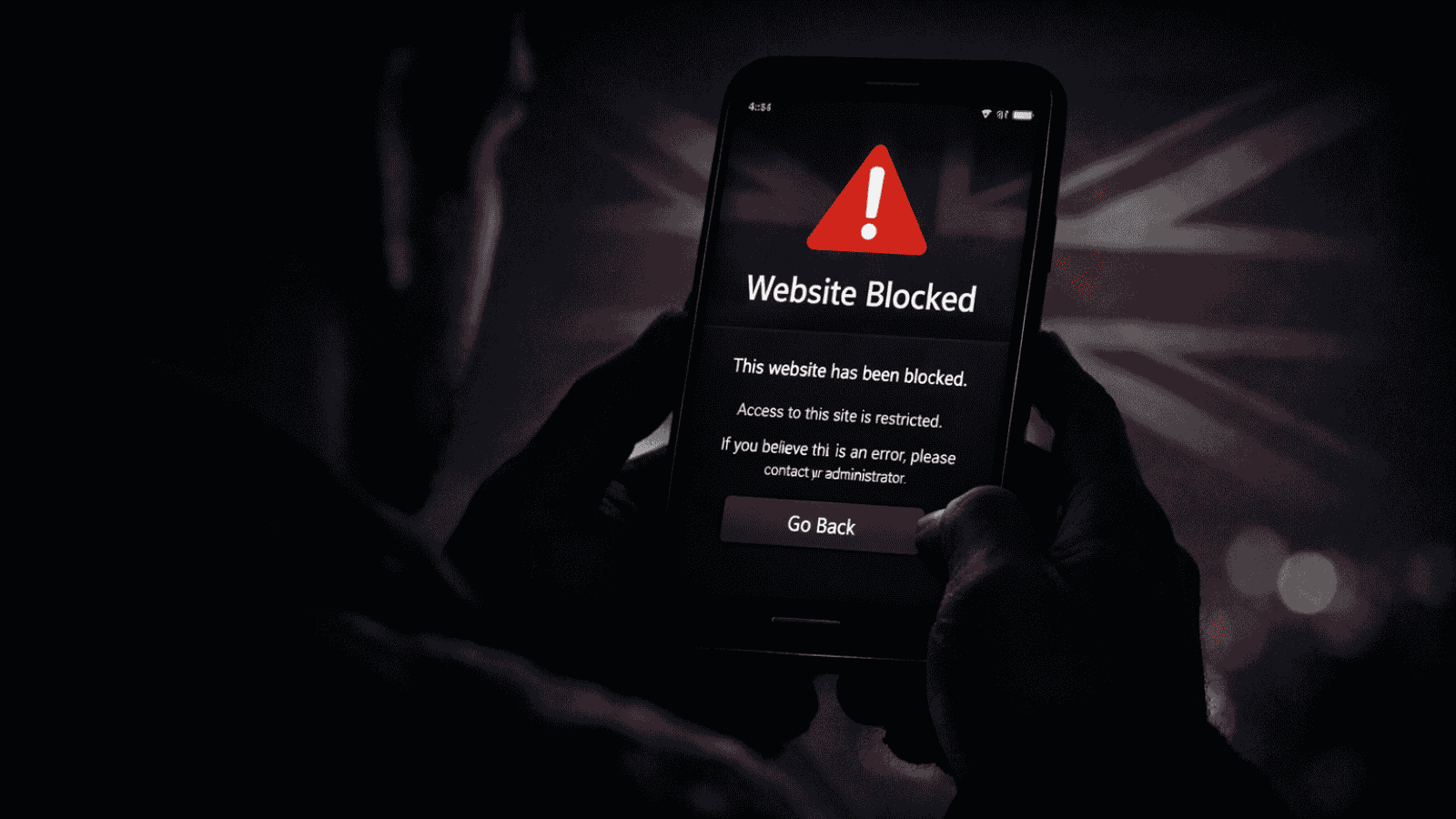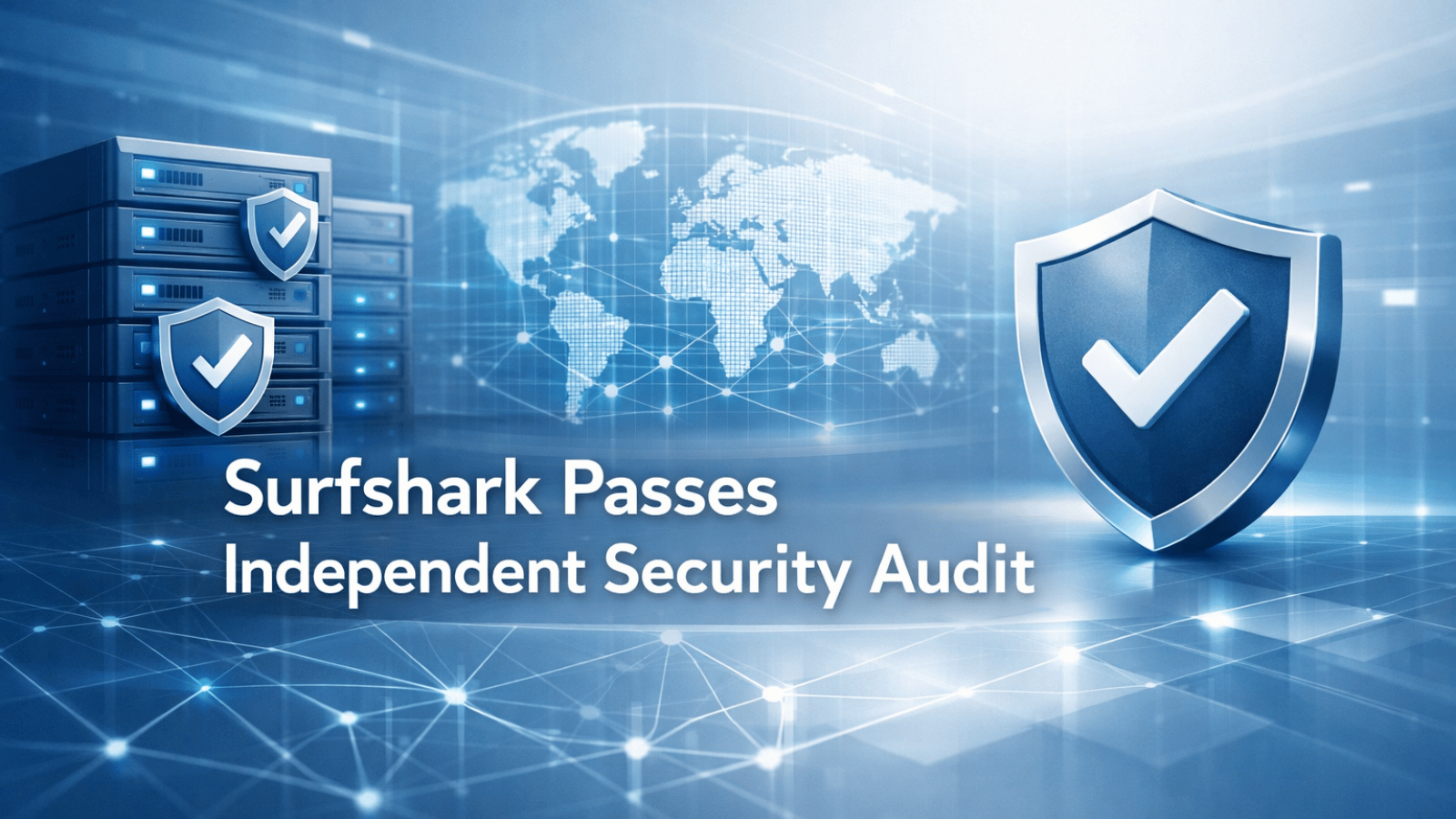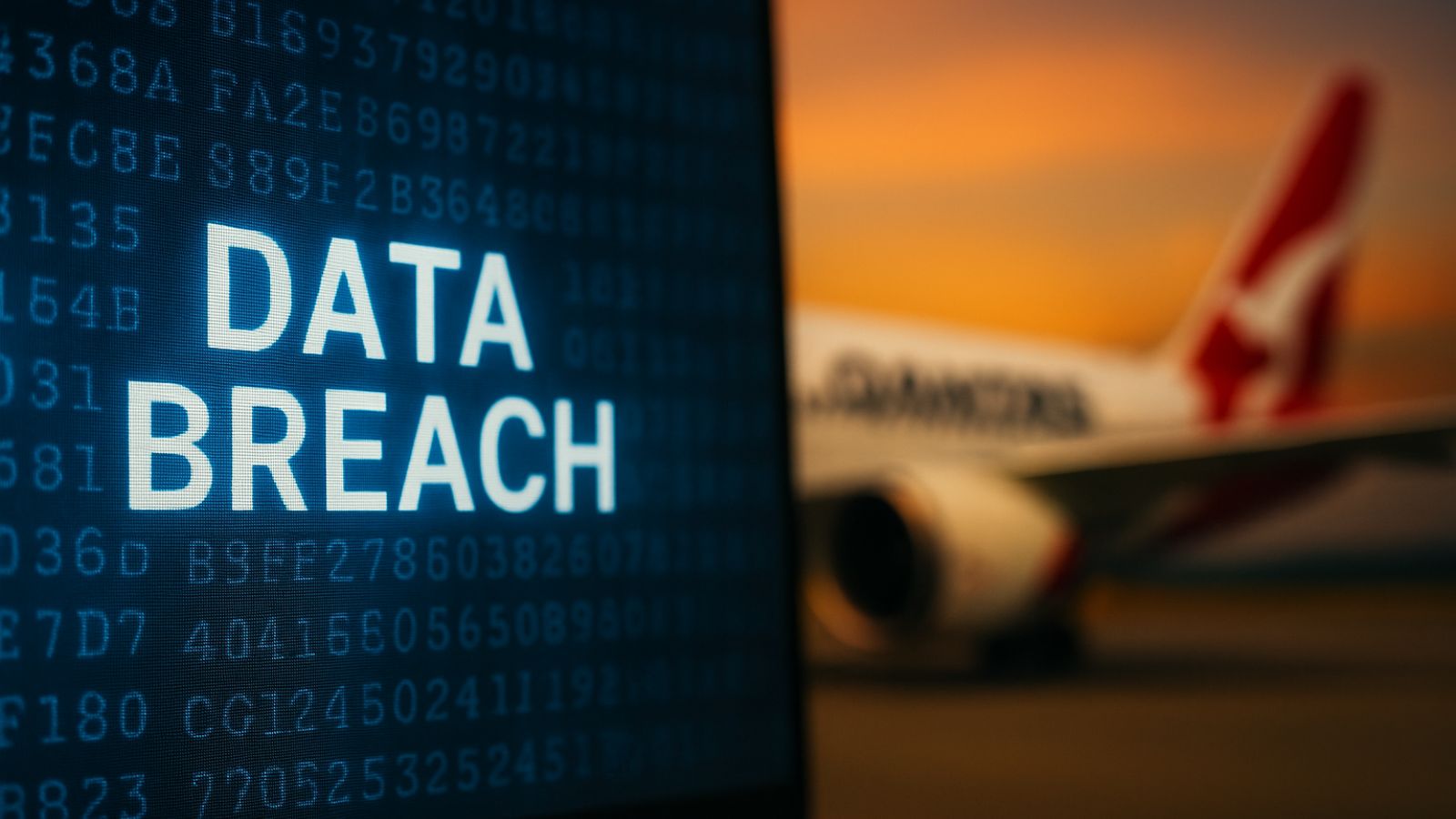
UK Regulator Ofcom Monitors VPN Use Following Online Safety Act
- VPN Monitoring: Ofcom tracks UK VPN usage using an AI-enabled third-party tool, raising privacy questions.
- Purpose: Monitoring aims to assess Online Safety Act effectiveness, especially age verification compliance on adult sites.
- Concerns: Lack of transparency and re-identification risks spark criticism over privacy and government surveillance practices.
The UK’s communications regulator, Ofcom, has confirmed it is monitoring VPN usage across the country following the introduction of the Online Safety Act. The move has sparked debate over privacy, transparency, and the effectiveness of new internet safety laws.
Ofcom Using a Third-Party AI Tool
Ofcom told that it is using an unnamed third-party tool to track VPN use. The agency did not reveal the platform’s identity but suggested it has artificial intelligence capabilities.
According to Ofcom, the data is aggregated at the app level, meaning no personally identifiable or user-level information is collected. The agency said: "We use a leading third-party provider, which is widely used in the industry, to gather information on VPN usage. The provider combines multiple data sources to train its models and generate usage estimates."
While this is the first time Ofcom has outlined its monitoring methods, privacy and accuracy concerns remain. Experts warn that even aggregated data can sometimes be re-identified, putting user privacy at risk.
Why Monitor VPNs?
VPNs allow users to bypass online restrictions, including age verification checks on adult websites. After the introduction of mandatory age verification earlier this year, Ofcom estimated daily VPN use rose to around 1.5 million users.
Monitoring VPNs helps regulators gauge whether the Online Safety Act is effective. However, critics say tracking VPNs risks undermining their purpose as privacy tools, while also raising questions about the accuracy of the collected data.
"VPNs can help protect children's security online too, they aren’t just used to avoid content blocks," said James Baker, Program Manager at Open Rights Group.
Several VPN providers, including NordVPN and Surfshark, now include tools to block adult content and protect children from malicious websites.
Transparency and Privacy Concerns
Despite Ofcom’s assurances, the third-party provider’s identity remains secret, raising concerns about accountability. Without knowing the provider, it is unclear whether the company has a strong privacy record or has been involved in invasive surveillance.
The tool’s AI capabilities, described as “combining multiple data sources to train models,” are also not fully explained. Experts warn that the lack of transparency makes it hard to verify the accuracy of the data or ensure users’ privacy is protected.
“Most analytics platforms show that VPN use is higher in countries with more restrictive online rules, such as China, Russia, and the UAE,” Baker said.
The use of government resources to track VPNs could be seen as setting a concerning precedent, critics warn.
A tech minister, Baroness Lloyd, said in the House of Lords that "nothing is off the table" when it comes to protecting children online, but clarified there are no current plans to ban VPNs.
What’s Next?
A full VPN ban in the UK remains unlikely due to public opposition, implementation difficulties, and high costs. However, ongoing monitoring raises questions about digital privacy and government surveillance.
Without clearer information from Ofcom or the government, the debate over VPN monitoring and online privacy is likely to continue, as the UK balances internet safety with personal freedoms.

